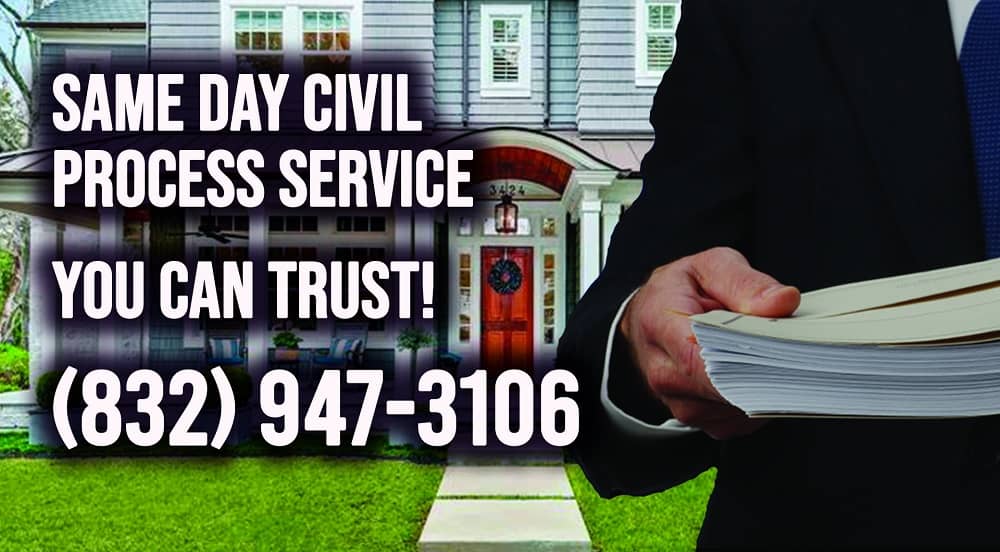Regardless of how you feel about the legality of carrying a concealed weapon, the fact is that you will have to take steps to get a permit. Even though the process can be lengthy and confusing, there are a few things you can do to make the process go as smoothly as possible.
Permits
Obtaining a concealed carry permit is a complicated process. The requirements vary from state to state. Generally, you need to be 21 years of age and a legal state resident. You may also need to pass a written test and undergo a criminal background check. Depending on your state, you may also need to complete a firearm safety course.
A concealed carry permit is the legal way to carry a firearm in public. Some states allow you to carry loaded guns in plain sight, while others have stricter rules. For example, some states require you to store your firearm in a secure location, such as the trunk of your vehicle.
The Maryland State Police (MSP) has a helpful guide on the state’s Legal Guidance Concealed Carry requirements. It includes an application form and a list of the required information. You may also check with your local law enforcement agency for additional details.
The Maryland State Police Licensing Division offers a convenient online portal to help you apply for a permit. The portal includes a link to local codes.
Requirements for a permit
A concealed carry permit is required for carrying a handgun in many states. However, the requirements for a license vary from state to state. Whether you are a resident or non-resident, there are many factors to consider when obtaining a concealed carry permit.
Before applying for a permit, you must determine whether you are legally allowed to carry a concealed handgun in the state where you are using one. In some cases, past illicit behavior or a misdemeanor conviction for weapons possession may disqualify you from getting a concealed carry permit.
In other cases, you may be required to undergo a firearm safety training course. These courses are required to meet the state’s minimum training standards. You may qualify for credit towards the new training standards if you have completed a firearm safety course in the past five years.
Applicants must be at least 21 years of age and have a valid US driver’s license or other proof of legal residency in the state they are applying to. Applicants must also undergo an in-person interview with a licensing officer. This interview is conducted to determine if applicants qualify for a concealed carry permit.
Reciprocity agreements
Several states have some level of reciprocity with other states. Some state-specific laws and regulations can impact your concealed carry rights. You should know what you are getting into before you cross state lines.
The most crucial point is that reciprocity is a state-government legislative decision. No federal law mandates that a state recognize a concealed carry permit issued by another state. Therefore, the best thing to do is to educate yourself on each state’s concealed carry laws and regulations. This is particularly true if you travel to a state with a different concealed carry law.
There are two main types of reciprocity: outright recognition and conditional recognition. Outright recognition refers to accepting a valid permit from another state. Dependent credit occurs when a state recognizes a valid license from another state as long as it satisfies the exact application requirements.
The NRA has an excellent website that offers information about state-specific laws and regulations. The website also has a reciprocity map to help you find out if you can carry concealed in another state.
Gun rights advocates have plenty of fodder for litigation.
During the Supreme Court’s Heller v. District of Columbia ruling, a landmark case in 2008, justices clarified that states could regulate gun ownership and carry in public. In addition, the court specifically named courthouses and legislative bodies. But it did not address gun bans or restrictions in other areas.
A New York law that limits law-abiding citizens from carrying a concealed weapon in public without a license was declared unconstitutional by the Supreme Court on Thursday. The ruling has been hailed as a victory by gun rights supporters.
While the ruling may not have much of a direct impact on the laws in the District of Columbia, it will raise a few questions about gun bans and restrictions in eight other states. The ruling could also block other avenues of regulation.
The law in question is a century-old law that limits gun carry outside the home. In addition, the law gave state licensing officers the power to determine whether a person had “proper cause” to obtain a concealed carry permit.





